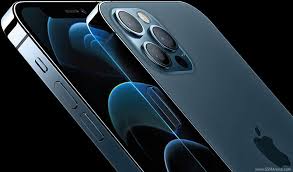The hardware subscription service will significantly increase Apple’s drive for subscription services.
After several internal delays, Apple hasn’t given up on its intentions to sell the iPhone as a subscription service. Cupertino is very much still working on providing iPhones as part of a hardware subscription service, Bloomberg’s Mark Gurman said over the weekend, despite experiencing various “engineering and technological hurdles” that have delayed the program.
A subscription service for the iPhone and other electronics has been in the works at the tech giant for months. In truth, the service was supposed to launch with the iPhone 13 or iPhone 14, but that plan was never carried through. According to Gurman, Apple is still developing the new subscription service, which will ultimately be made available to users.
Apple has improved its subscription services under CEO Tim Cook. Apple has increased the number of services it offers in order to increase the appeal of its devices. The company’s Apple One plan includes several of these subscriptions, including Apple Arcade and Apple Music.
The hardware subscription service will significantly increase Apple’s drive for subscription services. A Bloomberg article claims that Apple plans to reduce the price of the hardware to increase customer appeal. The cost of the iPhone divided by 12 or 24 months would simply not equal the monthly rate if that were the case.According to Gurman, Apple has not yet decided on the monthly fee for owning the hardware, which may indicate that the fee would vary based on the gear’s cost. The iPhone Upgrade Program is currently available from Apple in the US, but the new hardware subscription program will operate differently.
Due to rising component costs, smartphone prices have progressively increased, making it more difficult for customers to afford them. Global phone shipments decreased 18% from the previous year, according to Internal Data Corporation (IDC). Apple has also noticed a decline in iPhone sales. In the first quarter of the current fiscal year, iPhone sales decreased by 8.1% to $65.8 billion, marking the company’s worst revenue increase since 2016.







